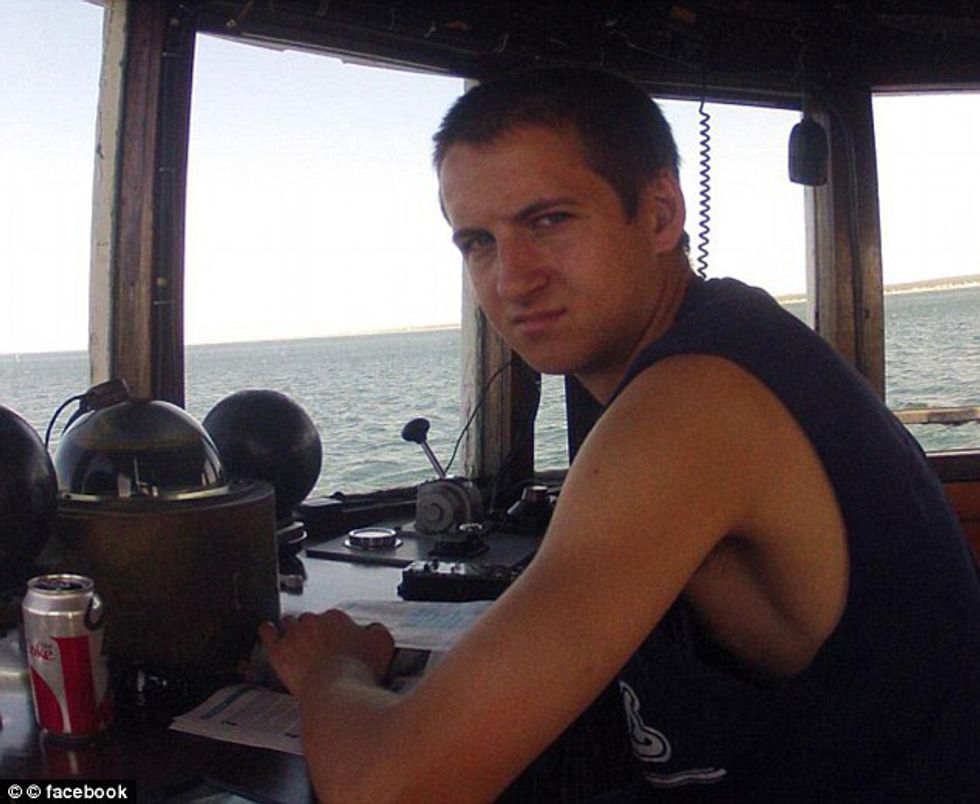Each year 42,773 Americans die by suicide. Suicide, something we have the power to prevent, is the 10th leading cause of death in the U.S. Most would agree that family, friends and significant others have a moral obligation to do everything in their power to prevent the suicide of a loved one. Thus, when someone notices a warning sign — especially one as obvious as openly talking about wanting to kill yourself — those closest to the individual should take immediate action.
When Michelle Carter's boyfriend, Conrad Roy III, began talking about killing himself in July 2014, Carter took immediate action; she relentlessly pressured him for days before his death to follow through with his suicidal plans. The young Massachusetts couple that resided 30 miles apart shared more than a thousand texts in the days before his suicide and had a 45-minute phone conversation directly before he "died of carbon monoxide poisoning in a Kmart parking lot after locking himself inside his truck."
Though she pressed him countless times to tell her when he was finally going to go through with his plan to kill himself and kept telling him how happy he would be once he finally got to heaven, the action that most horrified prosecutor Maryclare Flynn was Carter telling him to get back in the car after he told her that he was scared. In addition, Carter acted as if she had no idea about her boyfriend's suicidal plans; she even "texted with Roy's relatives, asking where he was in the hours before his body was found." Carter is being charged with manslaughter for her actions, a charge she is still trying to get dismissed. In her May 2016 hearing, the full Supreme Judicial Court will decide whether the manslaughter charges will remain and whether or not she will be tried as an adult.
A person cannot be charged with failing to be a decent human being, but it is beyond a doubt in my mind that she has actually committed a crime. Carter didn't take reasonable steps to prevent his death or even just turn a blind eye to his actions — she encouraged him. She wasn't physically there with him; she didn't use physical force to get him back in the car, but she took advantage of someone in a weakened mental state.
This summer will mark the two-year anniversary of Conrad Roy III's July 13, 2014 death and the charges against Michelle Carter are still an object of debate. Regarding the case, Michelle Carter's attorney, Joseph Cataldo, stated that, "This is clearly just speech. There was no physical action taken by Michelle Carter in connection with the death. It was just words alone. And words alone need to be a true threat in order not to be protected by the First Amendment." There needs to be justice for Conrad and it needs to happen in a timely fashion. If Michelle Carter is allowed to hide behind the First Amendment in a situation such as this, we have reached a point as a country where we seriously need to reevaluate how this amendment is interpreted and applied.




















